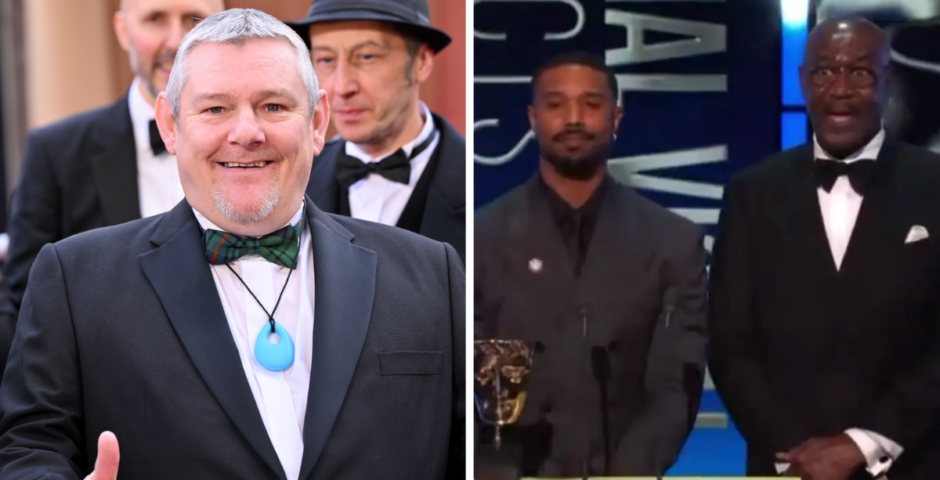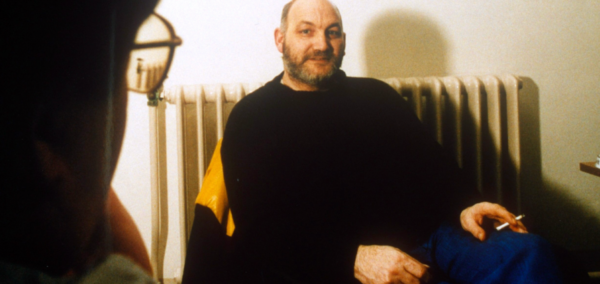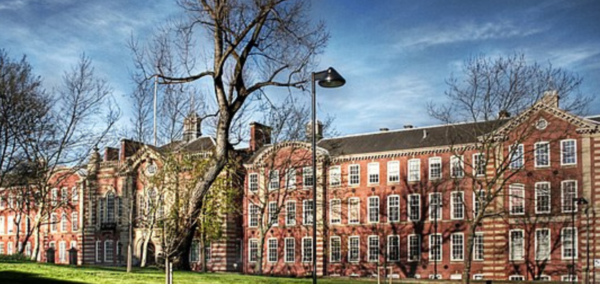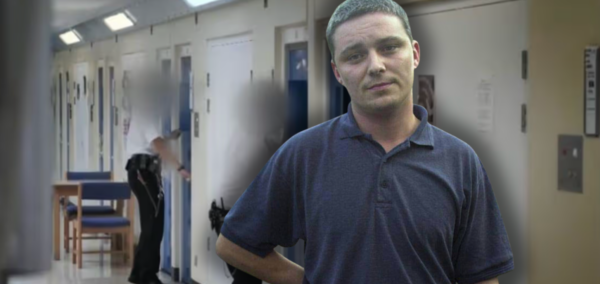
Hundreds call for protection of Edinburgh student on civilian mission to Gaza
Concerns have been raised over the safety of an Edinburgh University Master’s student on Global Sumud Flotilla as it reaches its final leg of the journey.
Miriam Moreno, is attempting to deliver aid to the people of Gaza.
Miriam, 35, is currently studying for a masters in environment, culture and society,
More than 500 people are sailing in a convoy of around 50 boats in an attempt to deliver much-needed aid to the people of Gaza.
The flotilla is now on the final leg of its journey to Gaza, which it is expected to reach in a few days.
Moreno, also know as Mina is originally from Mexico. She now lives and studies in Edinburgh.
She is sailing on the Shireen, which is carrying the team responsible for offering legal support to the flotilla in case of attack.
In an open letter addressed to the university’s management, members of the university community said Mirriam’s position on the Shireen made her “an especially visible and vulnerable target” due to the role of the ship.
The letter reads: “As the flotilla enters the final stages of its journey, Mina is in more danger than ever. Her safety is not only a personal matter but one that directly implicates our university community: She is one of us.”
The signatories of the letter urged the institution’s leadership to commit to the following:
- To publicly call for Miriam’s safe passage and protection, recognising her as a member of the university’s academic community.
- To do everything possible to raise awareness of her situation, through statements, press engagement and solidarity actions.
- To immediately commit to end investments in all companies complicit in Israel’s assault on Gaza, including the arms trade.
This is in light of the university coming under increasing pressure regarding their current investment in firms supporting the Israeli military.
Protests and petitions have taken place urging the university to divest in these companies. Over 2,000 staff and students called for an emergency vote on the matter earlier this month.
The university was previously deemed the “the most financially entangled” institutions in the UK with Israel in a UN report.
The open letter added: “This is a moment for our community to show solidarity in action, not words. Silence from the university not only abandons Mina but also signals its acceptance of ongoing war crimes.”
An University of Edinburgh spokesperson told The Edinburgh Tab: “The scale of destruction in Gaza has horrified our community and many others around the world, and reports that aid providers are in danger are deeply concerning.
“As a founding member of the Council for At-Risk Academics and the first institution in Scotland to become a University of Sanctuary, we understand the complexities and urgent needs of vulnerable communities, and how our University can best provide meaningful support.
“Through this work, we offer opportunities and sanctuary to at-risk students and academics whose lives have been severely impacted by discrimination, persecution, violence or conflict.
They added: “In line with our values, it is essential that any decisions related to our investments are measured and considered. That is why, following an institution-wide consultation inviting input from students and staff, the university has established a Responsible Investment Advisory Group.
“This permanent group, including independent and external experts, will inform the university’s future approach to responsible investment, carefully considering the diverse perspectives and concerns of our community. We remain committed to ongoing engagement and listening to those raising concerns.”




















